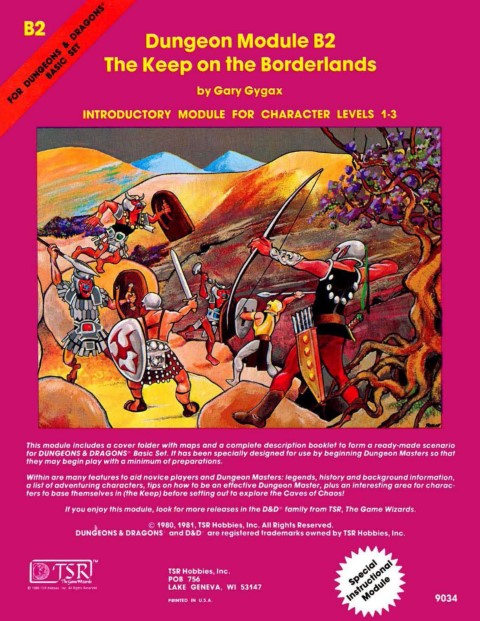
The Roleplaying Origins of Early Dungeons and Dragons
Classic modules show early editions centered on negotiation and player ingenuity, contrasting with later skill-driven, performative approaches.

Classic modules show early editions centered on negotiation and player ingenuity, contrasting with later skill-driven, performative approaches.
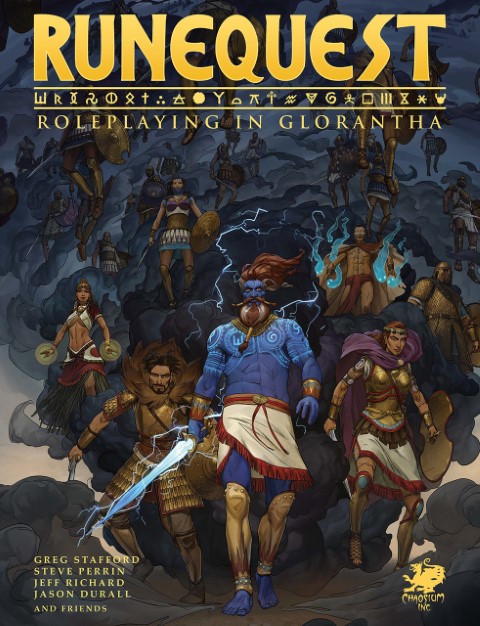
Proposes a universal 10s/5s critical scheme for Chaosium percentile games to speed resolution, add special failures, and reduce sheet-checking.
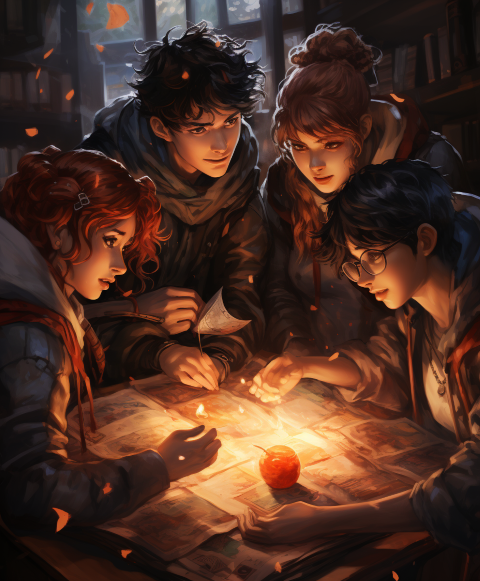
Rather than quick yes/no rulings, challenge players with conditional goals that turn edge cases into quests, deepening stakes and shared world.
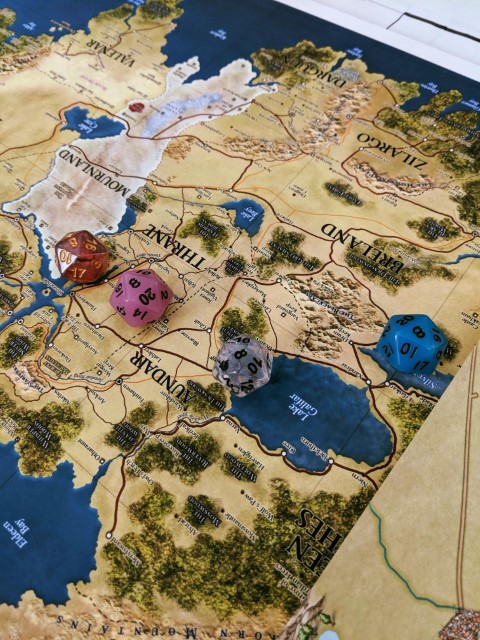
Applying Sanderson’s principles to tabletop RPGs, this argues for limits, costs, and risk over power creep, using subsystem interplay to enrich play.
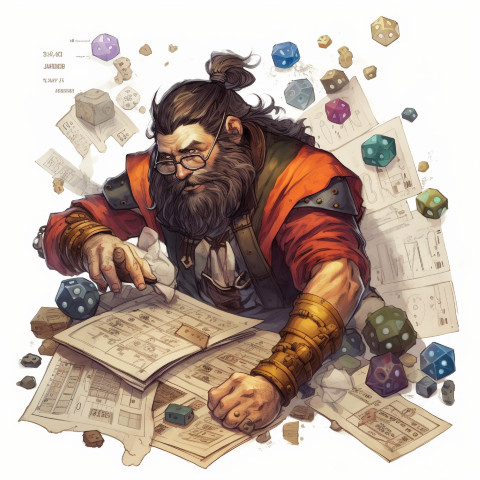
Advantage skews outcomes toward the mean, boosts easy checks more than hard ones, and its non-stacking design blunts creative tactics and tension.
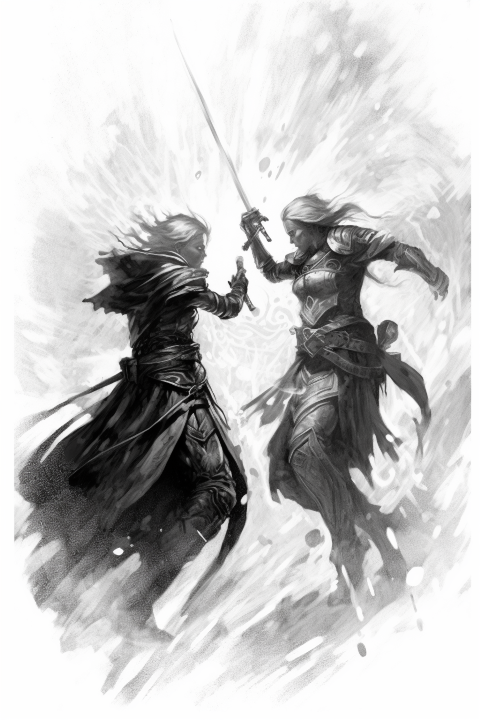
Explains AC as an abstract defense working with HP to pace damage over time, guiding narration and design without literal blow-by-blow realism.

HP in D&D are an abstract tool shaped by the DM to set tone and stakes, not literal wounds, evolving across editions to serve fun.

Explores how counterculture, pop icons, and early design split ghosts and psionics into two transitive realms, and how 5e streamlines that legacy.
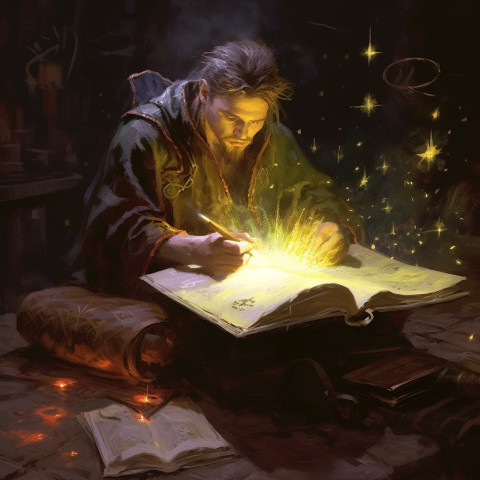
Playtest adds Scribe Spell to handle wizard scribing, a throwback to Write, but the author argues it adds fiddly complexity without real payoff.
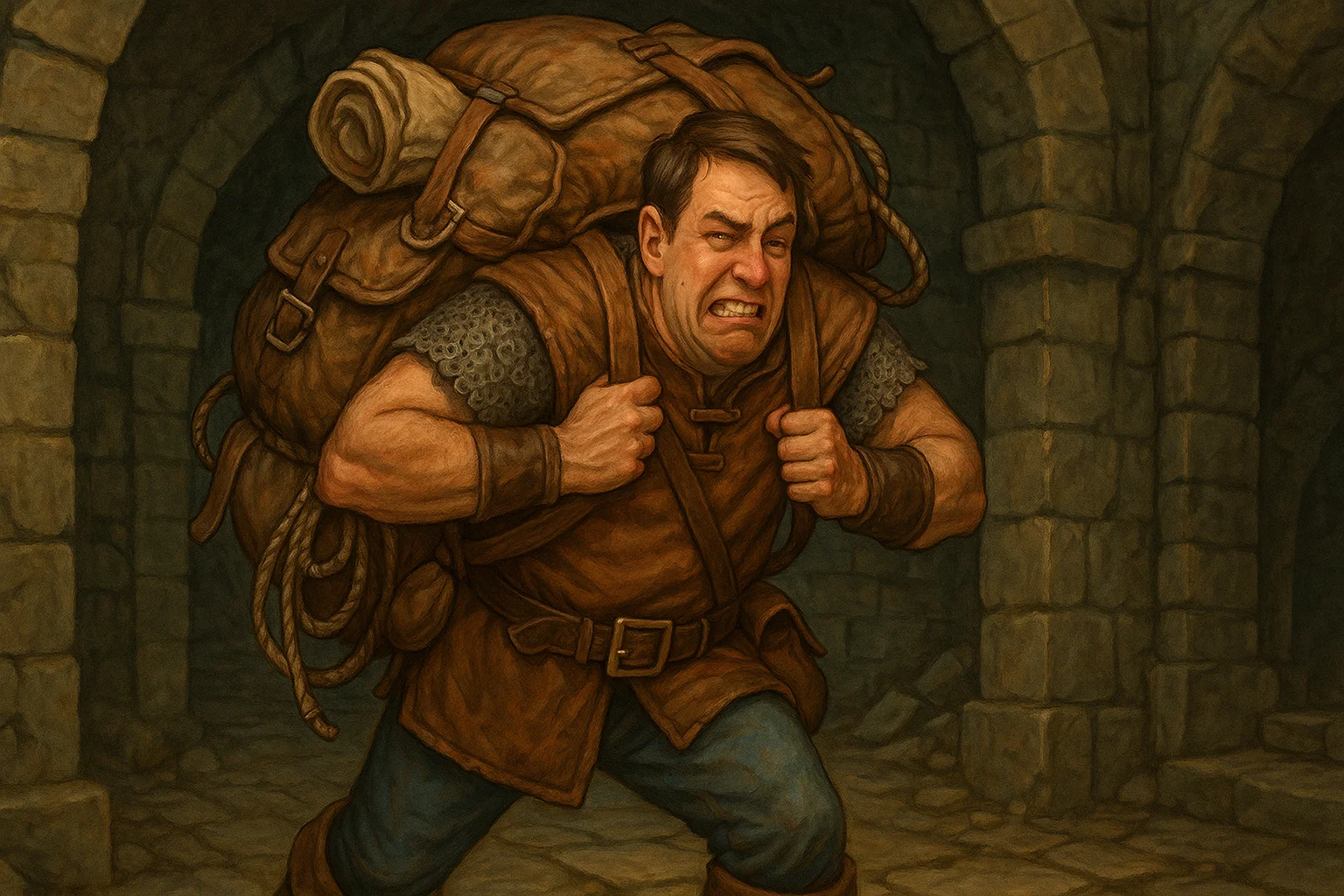
The latest D&D 5E errata drops racial alignment, inviting more inclusive, nuanced characters and worlds shaped by players and DMs.